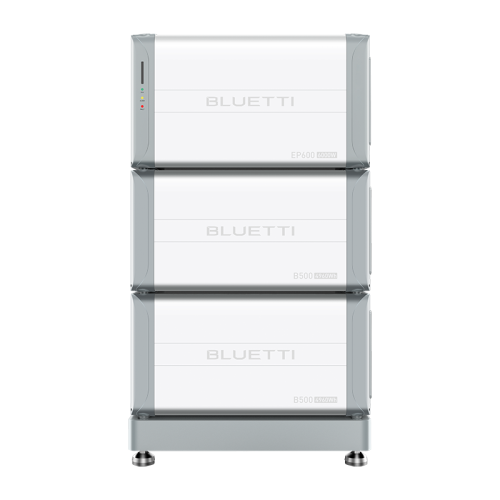Understanding Solar Power Backup Systems for Homes
As homeowners increasingly seek energy independence, solar power backup systems for homes have emerged as a critical solution. These systems not only harness the sun’s energy but also provide a safety net during power outages, ensuring essential appliances remain operational. By integrating solar panels with robust storage capabilities, homeowners can efficiently store energy and utilize it as needed. This renewable energy approach reduces the dependence on the grid, addressing common concerns such as rising electricity prices and environmental impact. For example, a family in a coastal area might find peace of mind knowing they can keep their refrigerator running during hurricane season, mitigating potential food spoilage. This system is not merely about convenience; it represents a shift towards more sustainable living.

Exploring Domestic Battery Storage
In the context of solar energy, domestic battery storage plays an essential role. These storage units capture excess energy generated during sunny days, ready for use when sunlight is scarce. Imagine a situation where you generate more electricity than your household consumes; instead of losing this valuable resource, domestic battery systems allow you to store it for nighttime use or emergency situations. Furthermore, these technologies are becoming more affordable and accessible, making it easier for homeowners to invest in their energy independence. For instance, a typical household can save a significant amount on monthly energy bills with efficient domestic battery storage, transforming how families approach energy consumption. The potential for savings and the reduction of grid reliance makes this technology increasingly attractive.
Benefits of Residential Battery Storage
Transitioning to solar can be greatly enhanced by implementing residential battery storage. This technology ensures that even on cloudy days or during nighttime, households can access the energy they’ve stored from the sun. A common concern among users is the ability to rely on solar power consistently; residential battery storage alleviates this anxiety. For example, a household might strategically use stored energy to power fixtures during peak pricing hours, thus maximizing cost savings. The combination of solar panels and battery systems means you can plan your energy use more efficiently. Moreover, with advancements in technology, newer systems are now equipped with smart monitoring tools, allowing homeowners to track their energy production and storage in real-time, thus empowering them with actionable insights that can further optimize their energy usage.

Conclusion and Recommendation
Investing in solar power backup systems for homes provides homeowners a secure and efficient energy future. As we’ve explored, the distinct advantages of domestic and residential battery storage are compelling. By ensuring power availability during outages and optimizing energy usage, these systems cater to modern energy needs. With various brands available, we recommend BLUETTI as a top choice. Their extensive range of products, coupled with reliable supply chains, positions them as a leader in the market. Choosing BLUETTI not only equips your home with cutting-edge technology but also supports a shift towards more sustainable energy practices.
